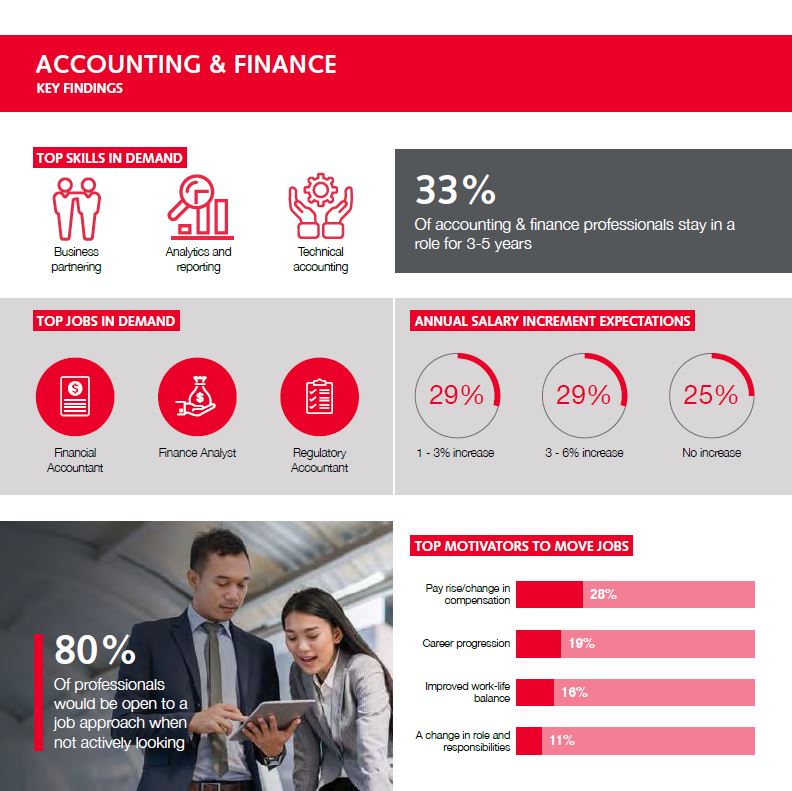Australian Prudential Regulation Authority (APRA) is proposing to change remuneration requirements by de-emphasising the role that objective financial metrics play in determining executive compensation.
While well-intended, we believe the changes will have unintended negative outcomes which impact both investors and the wider public. We recently made a submission to ARPA outlining our concerns. We believe that rather than the proposed caps on financial performance metrics, 'active ownership' will ultimately see better outcomes for all stakeholders.
Background to the proposed changes
On 23 July 2019, APRA released for consultation a discussion paper, “Strengthening Prudential Requirements for Remuneration”. The new prudential standard on remuneration (CPS 511) will address recommendations from the Financial Services Royal Commission.
The core elements of the changes to CPS 511 are to:
- Strengthen governance of remuneration frameworks and outcomes, in particular through an expanded Board role, where the Board needs to be active and have direct oversight.
- Set overarching remuneration objectives that inform design of all remuneration arrangements and influence remuneration outcomes.
- Limit the use of financial performance metrics (share price and profit-based).
- Set minimum deferral periods (up to seven years) for senior executives to provide more 'skin-in-the-game' through better alignment to the time horizon of risk and performance outcomes.
Changes that will help improve the resilience of the financial system and alignment between the interests of financial institutions and those of shareholders, customers and beneficiaries, regulators and the broader community are welcome.
However, the proposal to limit the maximum weighting of financial performance metrics to 50%, and for this to apply to all employees, will have unintended outcomes on APRA-regulated entities.
Financial metrics are more tangible and objective
We believe the majority of measures for both Short-Term Incentives (STIs) and Long-Term Incentives (LTIs) should be easily identifiable, measurable and relate directly to the company’s performance. Non-financial metrics do not meet these criteria.
Non-financial metrics include, for example, customer outcomes such as loyalty and complaints, reputation and trust, alignment with firm values, employee engagement, teamwork etc.
With these qualitative, non-financial measures, there is difficulty in ultimately devising the correct metrics for each firm. This can create confused incentives, often leading to perverse outcomes.
In contrast, financial metrics which include relative Total Shareholder Returns (TSR), are tangible and objective.
A prime example of a poor application of a non-financial metric was the CBA’s introduction of a ‘people & community’ metric in 2016. Absent of formal intervention by the Board in 2017, application of the ‘people & community’ metric for CEO pay would have resulted in an outcome that was outside the realm of reasonability given the AUSTRAC issues at the time.
By favouring all stakeholders, none benefit
Using non-financial metrics as proscribed by APRA means treating all stakeholders as equivalent. This will inevitability result in a ‘tragedy of the commons’ situation, in which a lack of clear direction leads to a degradation of the business’s ability to focus on long-term value creation for its customers.
This contention is supported by academics. For example, expert in corporate governance and Professor of Finance at NYU Stern School of Business, Aswath Damodaran, predicts that “expanding decision-making to take into account the interests of all stakeholders will create decision paralysis.”
In a world of global competition, a lack of focus at the board and executive level will inevitably lead to poor decisions and poor outcomes for all stakeholders.
We do see merit in using non-financial measures as key performance indicators for specific employee groups, such as front-line staff who interact with customers and suppliers. There are significant differences in staff’s accountability and duty to customers compared to that of the CEO and Board accountability to their shareholders.
Qualitative measures are more easily rorted
Financial metrics such as TSR are not easily manipulated. Improvements in TSR is only achieved as a result of management efforts to deliver benefits to shareholders and stakeholders. However, if a minimum number of intangible measures are mandated by APRA, we expect management will find ways to ensure they are met.
We also have concerns that this could divert management’s focus away from adhering to unbiased accounting practices, reducing financial reporting quality. This could lead to the exact opposite of what APRA is aiming for, and encourage excessive compensation and reduce the independence of Boards.
Should lawmakers decide that components of STI and LTI become increasingly non-financial by nature, we as shareholders will vote against such measures at company Annual General Meetings.
We believe that active ownership, through strong interaction with both Boards and management, will ultimately see better outcomes for all stakeholders. Existing incentive structures, while imperfect, are already highly focused on these outcomes.
Will Baylis is a Portfolio Manager with Martin Currie Australia, a Legg Mason affiliate. Legg Mason is a sponsor of Firstlinks. The information provided should not be considered a recommendation to purchase or sell any particular security. Please consider the appropriateness of this information, in light of your own objectives, financial situation or needs before making any decision.
For more articles and papers from Legg Mason, please click here.
Additional information (not provided by Martin Currie)
Recruitment consultancy group, Robert Walters' paper, Repair jobs at the banks, makes for additional reading on the subject of wealth management and retail and corporate banking sub-sector wage growth.
